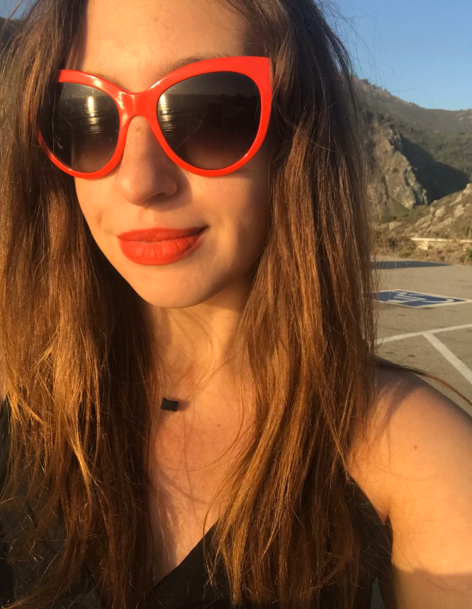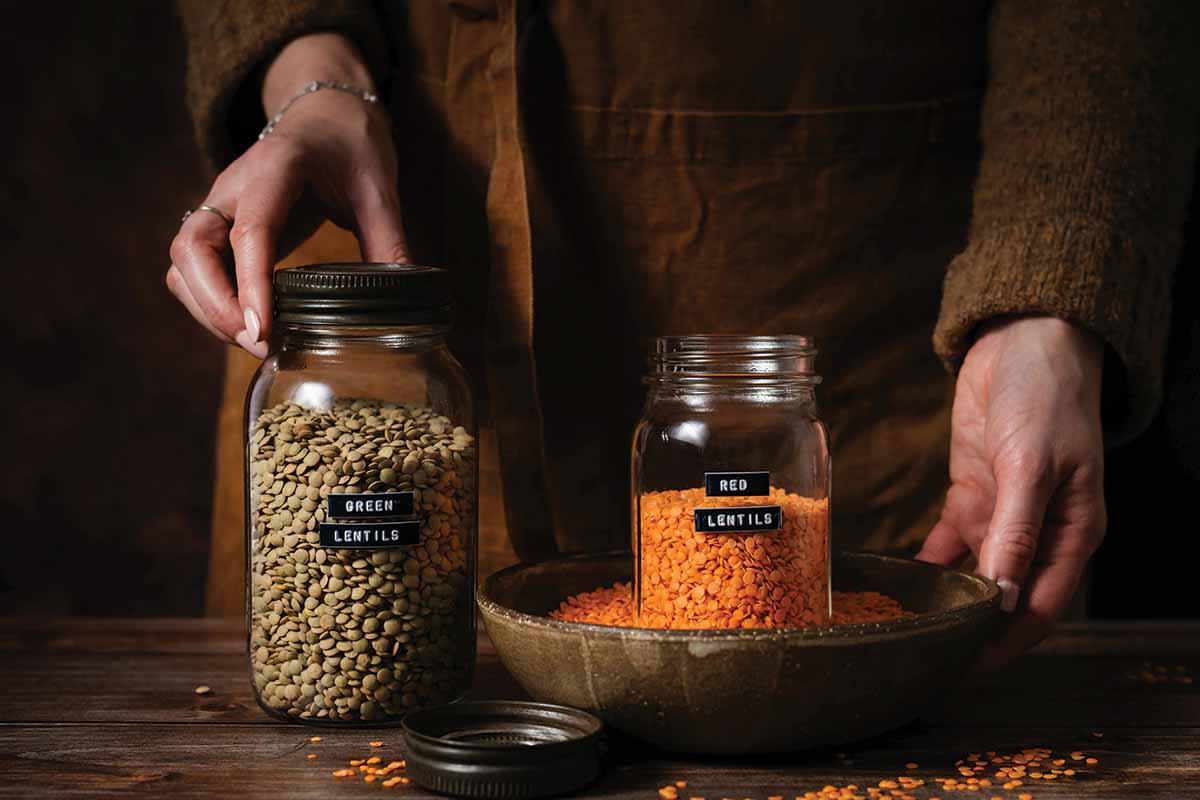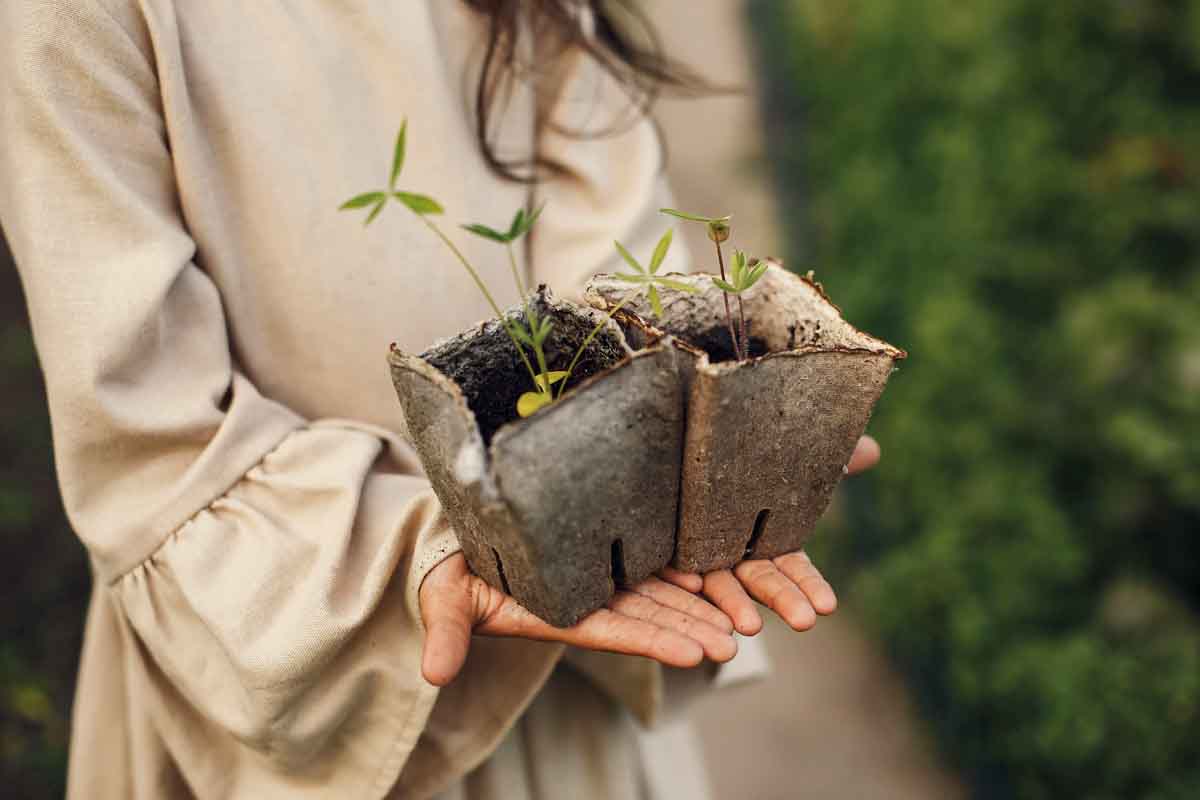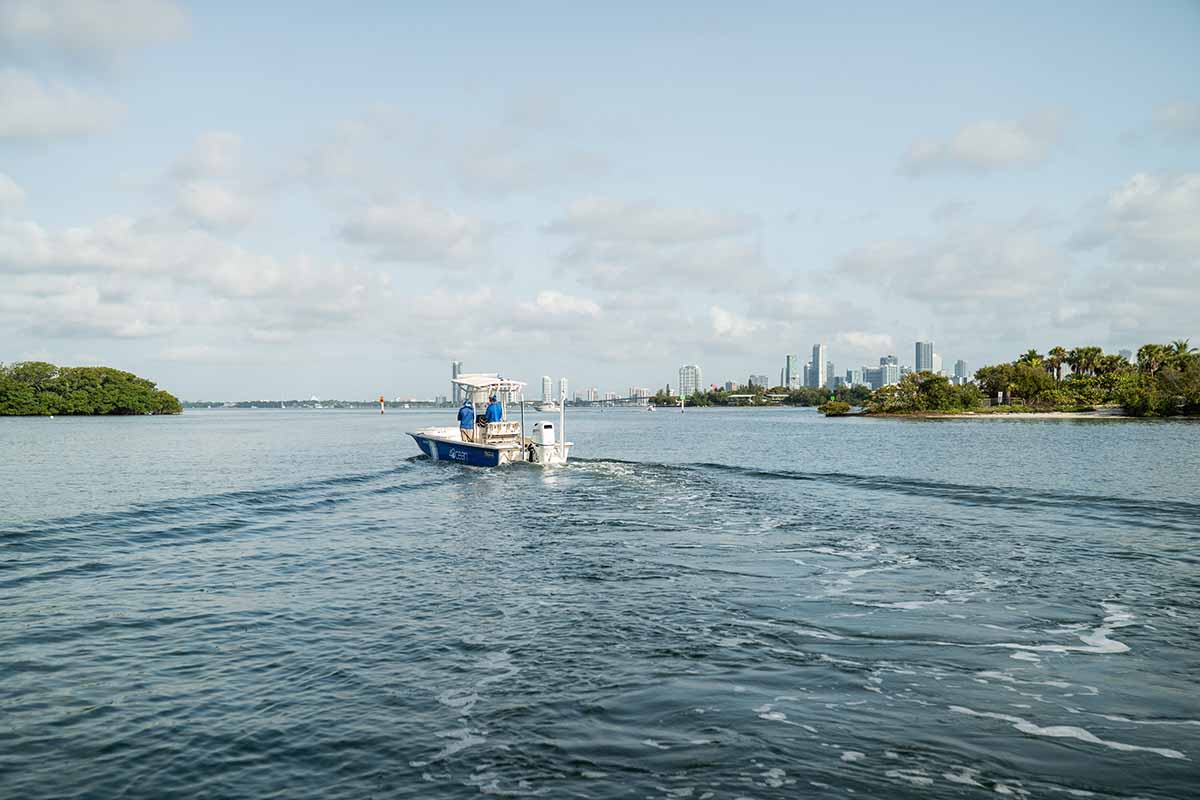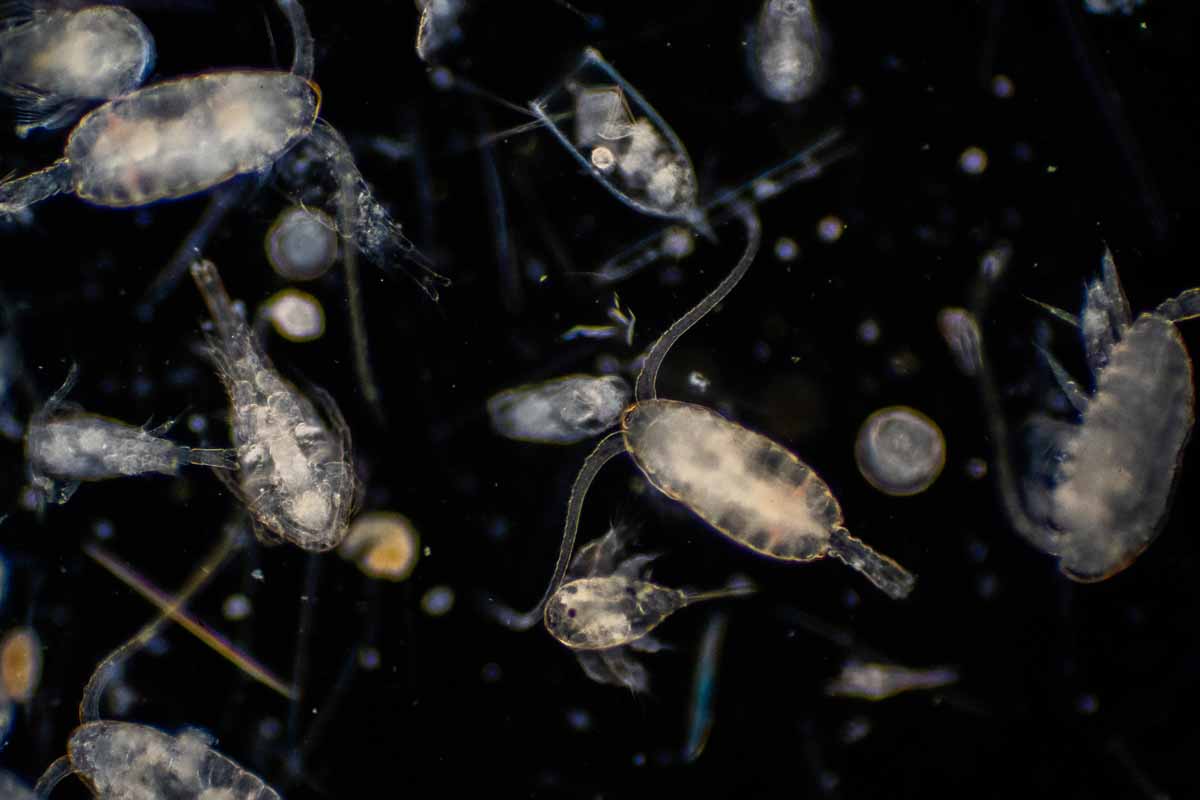Advertisement
A Seat at the Table
WEDO is bringing women out of the woodwork to advocate for themselves, and our planet, with feminist solutions to climate change
Fact-Checked
This article has been written and fact-checked by experts in the field.
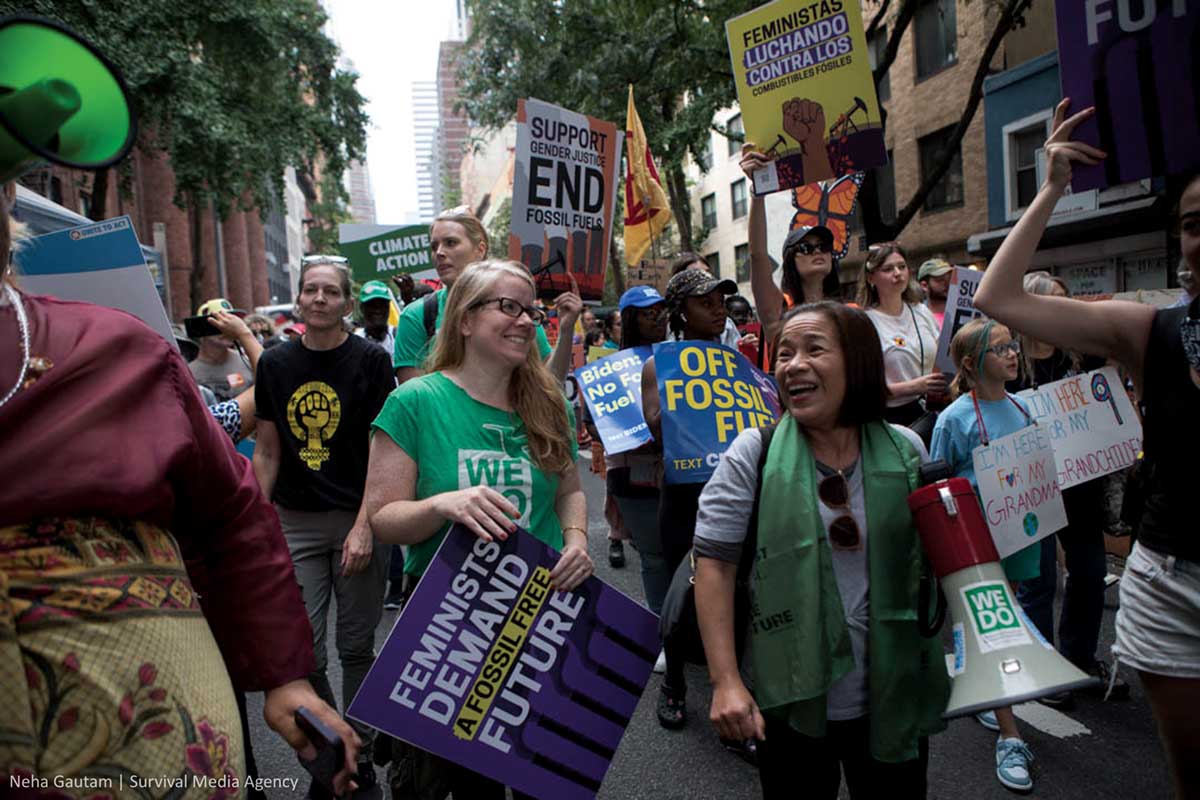
It’s a harsh truth, but one that is hard to ignore—unfair disparities between women and men persist. It’s impossible to watch the news and not be disheartened by rollbacks on women’s choice, threats to personal and sexual safety, and rates of economic disadvantage.
Unfortunately, these gender disparities are a top-down issue that starts with who is making the decisions. While there has been progress, women currently only make up 28 percent of the US Senate. When it comes to state legislatures, women make up 29.9 percent of state senate seats and 33.7 percent of state house or assembly seats.
Perhaps unsurprisingly, progress closing the pay gap has also stalled, with women making only 82 cents to the dollar earned by men, a statistic that has hardly changed in the past two decades.
One thing is clear—it’s time to get to work. While it’s easy to get discouraged, it’s never been a more important time for advocates of women’s rights to speak up.
Advertisement
Women at work
When it comes to navigating the kaleidoscopic and challenging landscape of women’s rights advocacy, WEDO is charging towards the frontlines. Founded in 1991 by activists Bella Abzug and Mim Kelber, WEDO is a global advocacy group that has been a trailblazer for women’s rights for more than 30 years.
Through conferences, actions, fundraising, knowledge production, and outreach, WEDO has been working to better women’s rights and gender equality, environmental protections, and feminist perspectives on climate justice.
“Our framework is built around moving power, money, and minds,” says Executive Director Bridget Burns. “We’re trying to explore the ways in which we shift representation of who has a voice in (and access to) these spaces, because we believe we can shift policy through shifting representation.”
In doing their advocacy work, WEDO focuses on four main pillars—Advocacy and Influence, Capacity Building and Training, Knowledge Production and Outreach, and Resource Distribution. This wide-ranging work includes influencing how funds are spent; cultivating, sharing, and amplifying feminist perspectives on global issues; and supporting marginalized voices and solutions.
The key to WEDO’s mission is in knowing that their view of change is not singular, but holistic—an understanding that the economic freedom, climate change, sexual health, and the personal safety of women are all intertwined.
“We have a very deep systemic understanding that there are no single issues, that all things are interconnected,” says Burns. “When we’re talking about climate justice, we’re also talking about gender justice. We can bring grassroots feminists from multiple regions, communities, and countries into one space where they can see for the first time just how interlinked their challenges and struggles are.”
Women and climate
While climate change is a threat to us all, it is an especially dire issue for women. In fact, it is estimated that climate change will push up to 158 million more women and girls into poverty by 2050.
• 80% of people displaced by climate change are women.
• Climate change puts women at a greater risk for sexual extortion and violence.
• Girls and women are at higher risk of food insecurity, more likely to die in extreme weather events, and more likely to experience mental health impacts caused by climate change.
• 67% of climate-related decision-making roles are filled by men.
Advertisement
Mothering Mother Earth
One of the most important battles WEDO is currently fighting is the existential threat that climate change poses to our future. In highlighting feminist perspectives on climate change, they are bringing forward new knowledge and ideas that could be the key to unlocking game-changing ways to fight for our planet.
Research has shown that when it comes to advocacy and activism in climate change and environmentalism, women actually have an edge on men, especially when it comes to local community issues. According to one report, “women consistently have higher risk perceptions that global warming will harm them personally.”
Despite this, support and funding for women’s climate research is woefully neglected. A report by the Generation Equality Action Coalition on Feminist Action for Climate Justice found that just 3 percent of philanthropic environmental funding supports girls’ and women’s environmental activism, while another study noted that in the scientific community, “women were poorly represented and heard and encountered barriers beyond their gender including race, nationality, command of English, and discipline.”
WEDO also wants to shine a light on the knowledge that only Indigenous women most affected by climate injustice can share. “We’ve found that there’s a lot of analysis about Indigenous traditional knowledge from feminists that have different ideas on ways of living that are much more compatible with the planet,” says Burns.
The research backs her up, with one UN report stating that, “in order to further preserve biodiversity and limit its degradation, Indigenous People can and should play a leading role in the global response to climate change, especially in regards to Indigenous women who play a vital role as stewards of natural resources.”
However, these women often struggle to access their rightful role in the conversation. At the last UN Framework Convention on Climate Change (COP28), held in 2023, women only represented 34 percent of delegates, a paltry 3 percent boost from 2008.
Advertisement
Raise your voice
WEDO thinks those women, and all women who have something to offer the cause, deserve a seat at the table. For the last ten years, the organization has run a program called the Women Delegates Fund, an initiative that has supported more than 200 women from climate vulnerable countries to represent their concerns at climate negotiations like COP28.
One key to the organization’s strategy is helping women get in the right spaces, but also training them to know how to operate behind the doors that have, for too long, been closed to them and other marginalized voices. “It’s not just about bringing people to a meeting,” says Burns. “There’s a lot of training, capacity building, and support that we provide to help folks understand how to access these spaces and how to have a voice in these spaces.”
Women’s participation in national delegations to the UN COP climate conferences rose from 30 to 35 percent from 2012 to 2022. However, WEDO estimates that gender parity is unlikely to be reached until at least 2043.
Advertisement
Forward, Together
WEDO wants to see not only solutions for climate change and gender justice in the future, but make sure those solutions are equitable. “We do a lot of advocacy to make sure that we’re not just shifting from one economy built on the backs of unpaid labor and very unequal gendered labor markets to another that’s renewable, but still based on those same injustices and inequalities that’s not actually going to serve people,” says Burns.
In the never-ending work of advocacy, Burns finds that it is the strength of community that creates not just a drip of change, but an ocean of movement. “There’s a real value in having powerful movements that help build resilience, and that’s why we do advocacy in collective,” she says.
As WEDO continues to hone in on its mission and lead the charge against fossil fuels, uplift innovative solutions from women in vulnerable and overlooked countries, fight against corporate greed, and advocate for systemic changes in all realms of decision making, Burns remains optimistic that a brighter future is possible, taking her mission day by day and counting wins as they come. “We’re engaging in the politics of hope,” she says.
Get involved!
Feeling inspired by WEDO’s work? There are several ways you can become an advocate in your own community:
• Learn: WEDO offers a number of informative webinars on topics such as Intro to Climate Finance or Feminism and Climate Justice. You can also check out the reports and tools in their digital library.
• Volunteer: Attend a local event; host a brown bag session at your school or work; or use your legal, accounting, design, or event planning skills to help the cause.
• Subscribe: Want to get the latest on global policy changes that affect women? Subscribe to the WEDO newsletter.
• Represent: Show your support by rocking some FIERCE (Feminist, Intersectionalist, Environmentalist, Revolutionist, Climate Activist, Eternal Optimist) WEDO swag.
• Donate: Any little bit helps! wedo.org/donate-today

